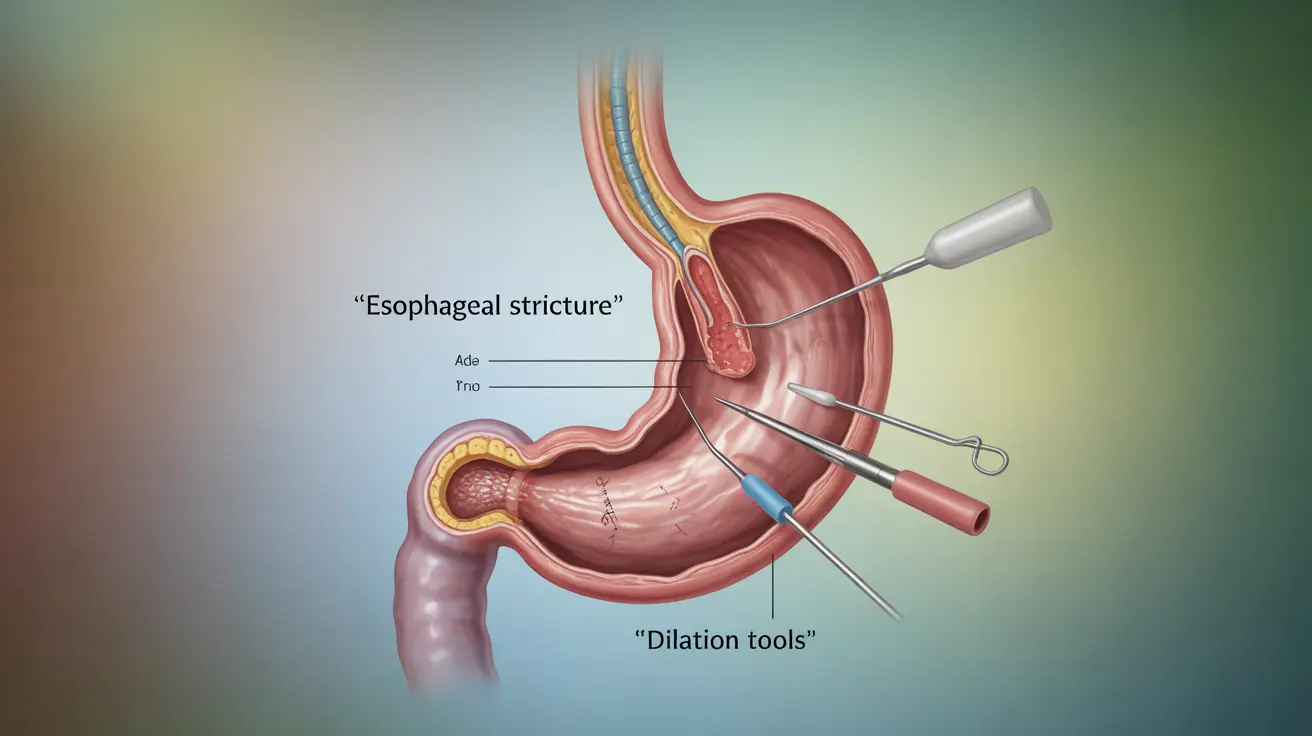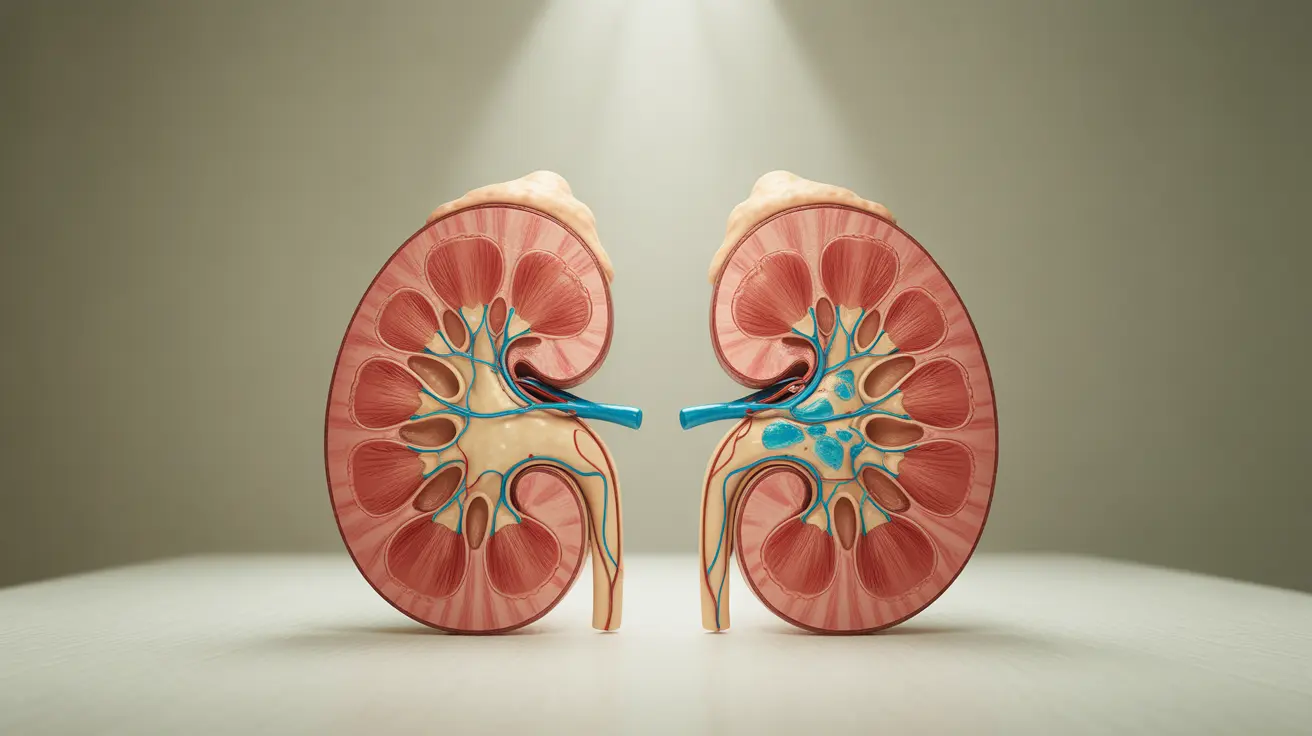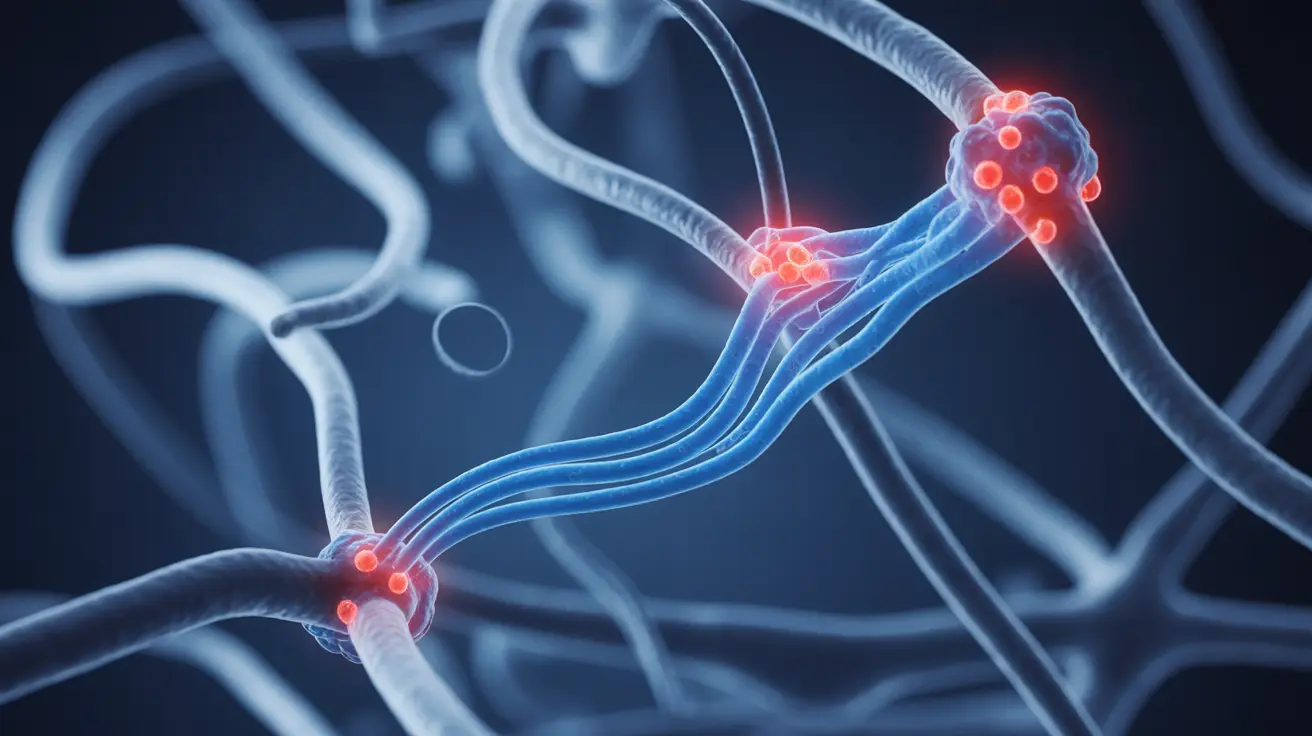As our understanding of COVID-19 continues to evolve, medical professionals have identified various complications associated with the virus, including its potential relationship with meningitis. This serious condition, which involves inflammation of the protective membranes covering the brain and spinal cord, has been reported in some COVID-19 patients, raising important questions about the connection between these two conditions.
Understanding the relationship between COVID-19 and meningitis is crucial for both healthcare providers and patients, as early recognition of symptoms can lead to better outcomes. Let's explore the current scientific evidence and what you need to know about this important medical concern.
The Link Between COVID-19 and Meningitis
Research has shown that SARS-CoV-2, the virus that causes COVID-19, can affect the central nervous system in various ways. While direct viral invasion of the nervous system is possible, COVID-19 may also trigger inflammatory responses that can lead to meningitis or other neurological complications.
Scientists have documented cases where COVID-19 patients developed meningitis as a complication, though this remains relatively rare. The virus can potentially reach the brain and spinal cord through various pathways, including the bloodstream or neural routes.
Recognizing the Warning Signs
When COVID-19 and meningitis occur together, patients may experience a combination of symptoms from both conditions. Key indicators include:
- Severe headache
- Neck stiffness
- Fever and chills
- Sensitivity to light
- Mental status changes
- Nausea and vomiting
- Typical COVID-19 symptoms (cough, shortness of breath, loss of taste or smell)
Diagnostic Approaches and Medical Care
Healthcare providers face unique challenges when diagnosing meningitis in COVID-19 patients. The diagnostic process typically involves:
- Physical examination
- Lumbar puncture (spinal tap)
- Blood tests
- Imaging studies (CT scan or MRI)
- COVID-19 testing
Early diagnosis and appropriate treatment are essential for managing both conditions effectively and preventing serious complications.
Prevention and Risk Reduction
While not all cases of meningitis in COVID-19 patients can be prevented, certain measures can help reduce risk:
- Following COVID-19 prevention guidelines
- Maintaining good overall health
- Getting vaccinated against COVID-19
- Seeking prompt medical attention for concerning symptoms
- Following medical advice and treatment plans
Frequently Asked Questions
Can COVID-19 directly cause meningitis, or is it a rare side effect?
COVID-19 can cause meningitis, though it's considered a rare complication. The virus can either directly infect the nervous system or trigger an inflammatory response that leads to meningitis. While uncommon, healthcare providers monitor COVID-19 patients for neurological symptoms.
What are the symptoms of meningitis in someone with COVID-19?
Patients may experience typical meningitis symptoms (severe headache, neck stiffness, fever) alongside COVID-19 symptoms (cough, fatigue, loss of taste/smell). The combination of these symptoms should prompt immediate medical attention.
How does COVID-19 increase the risk of developing neurological conditions like meningitis?
COVID-19 can affect the nervous system through direct viral invasion or by triggering inflammatory responses throughout the body. The virus may also weaken the immune system, potentially making patients more susceptible to neurological complications.
Is there a link between COVID-19 vaccines and meningitis?
There is no established link between COVID-19 vaccines and meningitis. The vaccines have undergone rigorous safety testing, and meningitis has not been identified as a significant vaccine-related complication.
What should I do if I have COVID-19 symptoms and suspect meningitis?
If you experience COVID-19 symptoms along with severe headache, neck stiffness, or mental status changes, seek immediate medical attention. Early diagnosis and treatment are crucial for both conditions. Contact emergency services or your healthcare provider right away.




